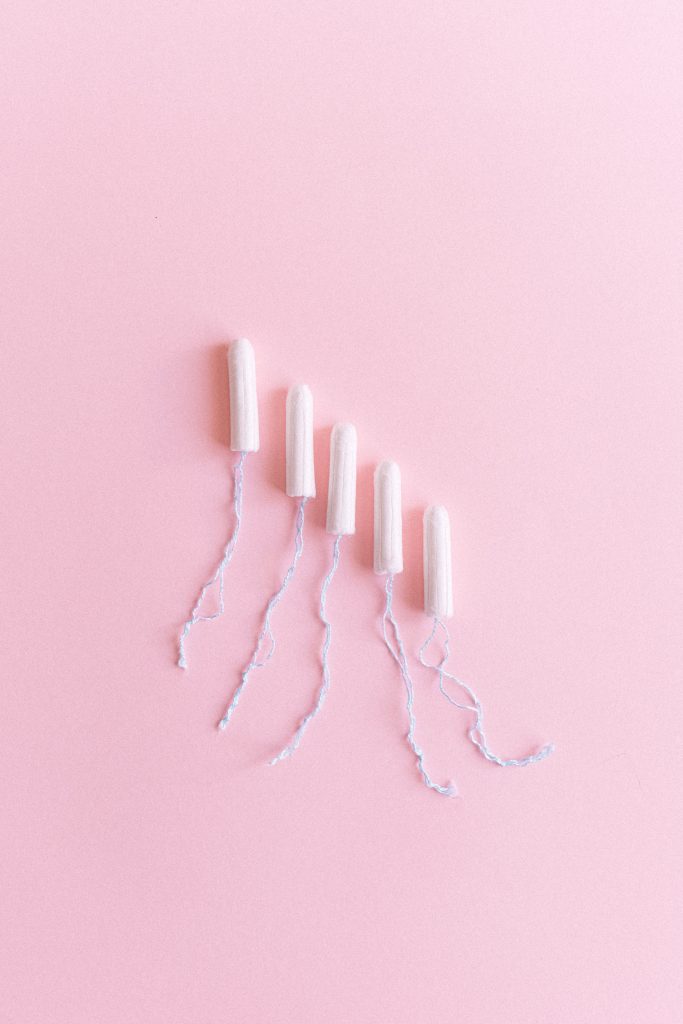There is a continued issue of period poverty in the UK, where those who menstruate don’t always have proper access to sanitary products or adequate menstrual health education.
Inability to Afford Sanitary Products
A survey commissioned by ActionAid UK, carried out by YouGov in May 2022, found that 12% of people in Great Britain struggled to buy menstrual products in the last 6 months, either for them or for a dependent.
The continued cost-of-living crisis surely must serve to exacerbate this issue of period poverty. Numerous articles have adopted the phrase ‘heat or eat’ to typify the difficult decisions we must make during these difficult times. But where do periods come into this? It is easy to imagine how many going through period poverty will be tackling an even tougher choice, ‘heat or eat or tampons,’ though that’s probably not catchy enough for the headlines!
The Royal College of Nursing estimated that over 137,000 children over the UK have missed school days due to period poverty.
This is a shocking insight into how being unable to afford or access sanitary products can hinder the everyday lives and education of children.
A Need for Education
A YouGov survey conducted August 2022, sampling 1,696 adults in Great Britain, saw 60% of Britons say they had heard of period poverty and know what it means.
However, upon presenting them with a number of scenarios and asking which ones were components of period poverty, only 17% answered correctly.
In addition to this, Plan International’s 2017 report found that 14% of girls admitted they didn’t know what was happening when they got their period, with 26% not knowing what to do.
These findings highlight how much we need to increase education around periods to reduce the ‘period taboo’. If people are uneducated about their period, how can we expect them to take proper care of themselves in a way that is both safe and hygienic? How can we expect them to seek help in accessing period products if they are too embarrassed to talk about it?
The Dangers of Period Poverty
Many who cannot afford sanitary products may use the limited ones they have for longer than is appropriate. Not only is this uncomfortable, unpleasant and unhygienic but it can also be very dangerous. For example, leaving a tampon in too long can lead to toxic shock syndrome from bacteria entering your body.
People who menstruate may also be at a higher risk of this if they aren’t properly educated about their period, as they won’t be aware of how to properly and safely deal with their period.
Our ‘Tampon Tax’ Past
As of January 2021, a zero rate of VAT now applies to sanitary products, just like with other tax-exempt necessities. Whilst this is most definitely a thing to celebrate, we must question why this ‘tampon tax’ remained in force for so long.
Perhaps it’s a culture of periods being treated as taboo, perhaps it’s because most MPs who vote on these types of decisions are cisgender men who have never personally experienced a period. Whatever the reason, the delay in the removal of VAT from sanitary products is a testament to how much menstruation is dismissed, side-lined, and ignored in our society.
